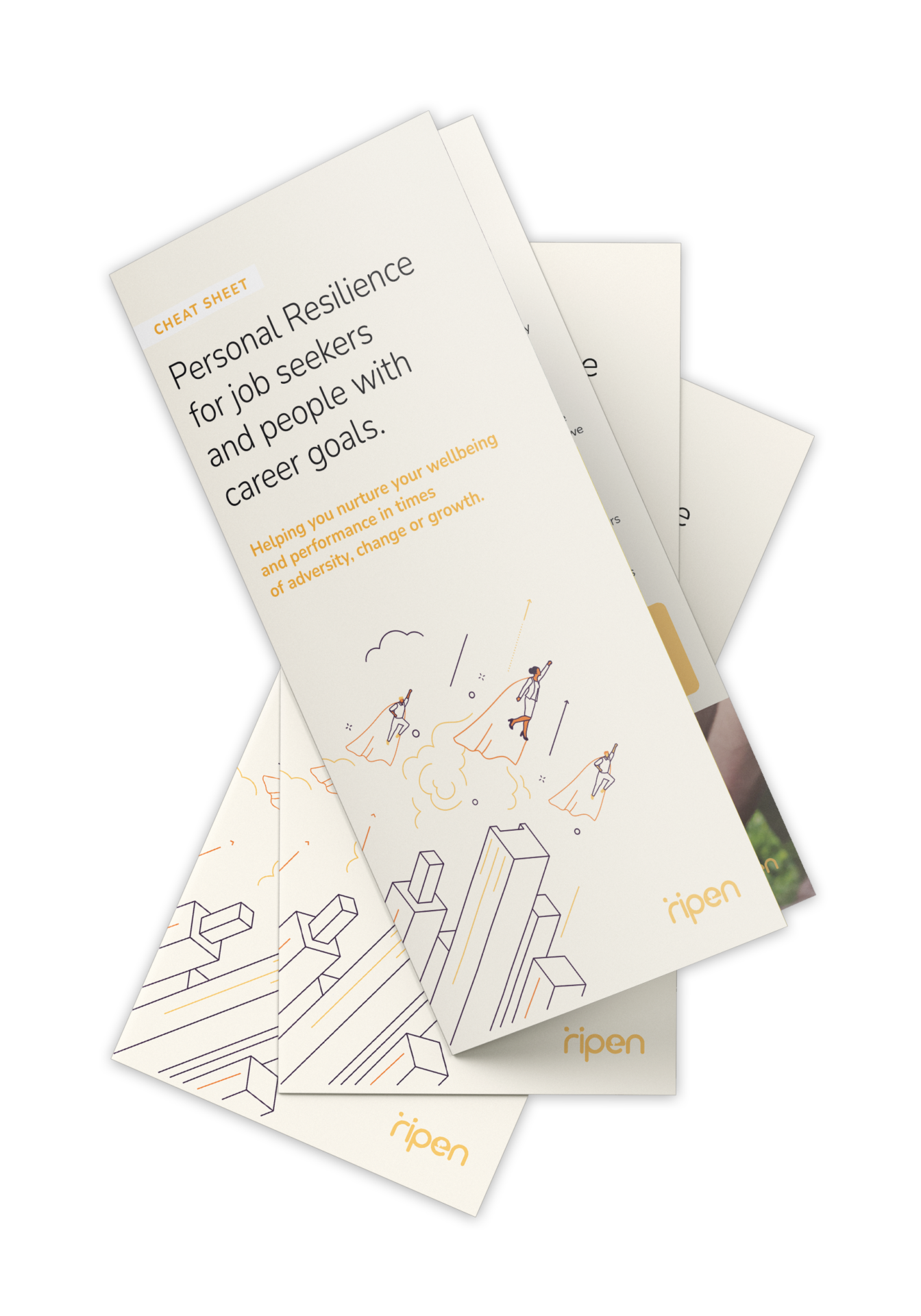5. “How are you?” or “Do you have time” – In a study focused on improving communication in outbound customer service and cold sales calls, not only was there no evidence of reciprocal rapport-building taking place, but agents were more likely to irritate the customer and affect the length of the call by using typical rapport building techniques. It’s not so much that the “How are you?” is rude, but rather that it’s false. In real life, no one asks “How are you today?” in that cold-call way if they know the person and genuinely want an answer to the question. Customers reported they would rather agents got to the point. While, “Do you have time” or mentioning “time” at all, was found to give the customer permission to say “It’s not a good time”.
What to say: The next time you have to speak to someone you don’t know, don’t be overly friendly. Stick to being polite and avoid mentioning time if you don’t want them to cut you off: “Hi there, I’m calling about your recent order / enquiry, I have some options to discuss with you”.
6. “Yes, but” – In a study of conflict situations across varied business and legal mediation situations, it was found that “Yes, but” was frequently used by the conflicting parties involved, making a circular argument in which either party was not fully understanding each other’s point of view or needs. The phrase “Yes, but” is one of the classic warning signs that you’re in an unwinnable conversation. If you hear it three or more times in one discussion, it’s a sign that you’re going nowhere.
What to say: Notice when you or others are saying “Yes, but” and use it as a sign to shift the conversation into a solution-focused outcome: “What’s needed here?” or “What do you need?”.
7. “Just” – Ellen Leanse, a former Google executive, wrote a LinkedIn blog about the way men and women use the word “just”’. In the blog, which went viral, she claimed that women use it far more often than men, and it affects one’s sense of authority. Her evidence wasn’t scientific, but even so, “just” is one of those dilution words that has a habit of creeping into our emails and spoken conversations. “Just” is fine if you’re trying to be placatory, but if you want to have more authority, lose the “just”.
What to say: Try your own experiment over the next week, notice your verbal conversations and re-read your emails back before you send them, and count the number of times that “I just wanted to” or “I’m just emailing to” or “Just me calling” etc. appear. Edit them out and see the difference in tone: “I wanted to” or “I’m emailing to” or “It’s me calling”.

